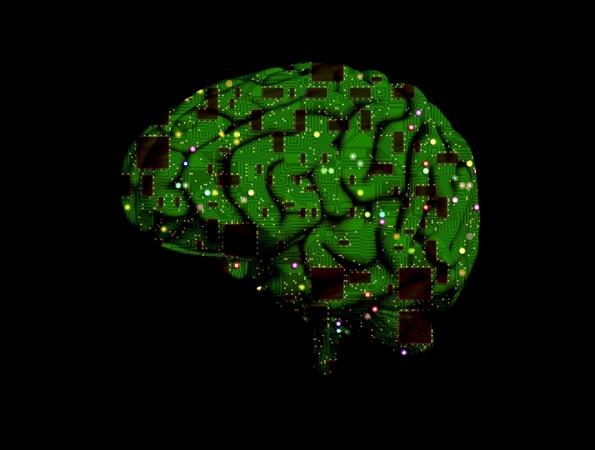
A black hole is one of the most terrifying things in the universe: It does not let even light escape it. Imagine having a black hole in your brain!
Scientists believe that a number called the "Graham's Number" is so mind-bogglingly large that if you try to store it in your brain it might collapse on itself and could end up forming a black hole.
The number was first proposed in 1971 by mathematician Ronald Graham as the upper bound for a problem used as a mathematical proof for a problem involving multi-dimensional hypercubes. The number was published in the 1980 Guinness Book of World Records.
Graham's Number can be obtained through 64 steps, each involving a mathematical procedure called Knuth's up-arrow notation. In each step, the same action is performed on the result of the previous one. After the first three steps, there are around 7.6 trillion threes in the sequence, Express reported.
The website Physics Astronomy writes: "If you even try to imagine Graham's number, your head would break down into a black hole because your head cannot store the information required to envisage it." Though the website may have written this in 2015, it resurfaced recently.
In fact, Graham's Number is so absurdly large that there is not enough space in the observable universe to write down all of the digits.
If the density of an object crosses a certain level, it will collapse under its own gravity as it happens with dying stars which form black holes. It is suggested that the same could happen to our brain if we try to cram all the digits of Graham's number into our mind.
However, John Baez, a mathematical physicist at the University of California, told Live Science, that even "that is a ridiculous underestimate of how big Graham's number is."

















